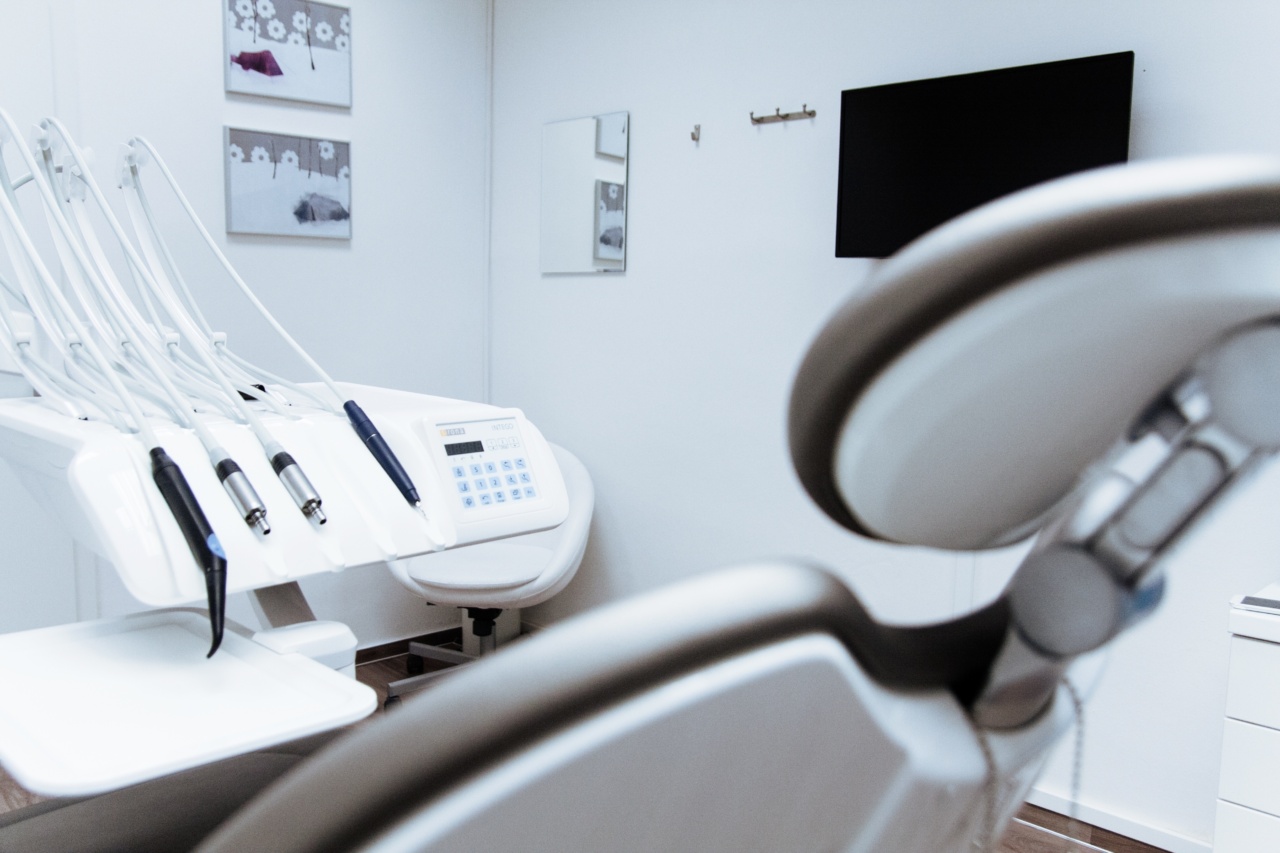Multiple Sclerosis (MS) is a chronic and debilitating autoimmune disease that affects the central nervous system. Symptoms of MS can range from numbness and tingling in the limbs to muscle weakness and vision problems.
While researchers are still working to fully understand the complexities of this disease, recent studies have found a potential link between bowel health and MS.
What is MS?
MS is a disease that affects the myelin sheath, a protective layer that surrounds nerve fibers in the brain and spinal cord. When this protective layer is damaged, communication between the brain and the body is disrupted.
This can cause a range of symptoms, including:.
- Numbness or tingling in the limbs
- Muscle weakness or stiffness
- Fatigue and weakness
- Vision problems, including blurred or double vision
- Difficulty with coordination and balance
- Problems with memory and thinking
The Role of Gut Microbiome in MS
Research has shown that the gut microbiome, the community of microorganisms that live in our intestines, plays an important role in the development and management of MS.
A study published in the journal Cell in 2017 found that people with MS have a different gut microbiome than healthy individuals. Specifically, they had lower levels of certain types of bacteria that are known to have anti-inflammatory properties.
Additionally, a study published in the Journal of Neuroinflammation in 2019 found that patients with MS who had lower levels of a specific bacterial species in their gut microbiome had more severe symptoms than those with higher levels of the same bacteria.
Gut-Brain Axis and MS
The gut-brain axis refers to the two-way communication system between the gut and the brain. This communication occurs through a network of hormones, nerves, and other signaling molecules.
Recent research has provided evidence that the gut-brain axis may be involved in the pathogenesis of MS.
One study published in the journal Neurology in 2019 found that people with MS who had higher levels of certain inflammatory markers in their blood also had higher levels of a hormone that is produced in the gut.
This hormone, called ghrelin, has been shown to have anti-inflammatory effects and may be protective against MS.
Gut Health and MS Treatment
The potential link between gut health and MS has led researchers to explore the use of probiotics and other interventions to improve bowel health as a potential treatment for the disease.
While this research is still in its early stages, there is hope that improving gut health could lead to better outcomes for people with MS.
In one study published in the journal PLoS One in 2018, researchers examined the effects of a probiotic supplement on MS symptoms.
They found that patients who took the probiotic supplement had improved bowel function and fewer symptoms of depression and anxiety compared to those who did not take the supplement.
Conclusion
The potential link between bowel health and MS is an exciting area of research that could lead to new treatments for this debilitating disease.
While more research is needed to fully understand the mechanisms behind this link, the evidence to date suggests that improving gut health could be an important part of MS management.






























